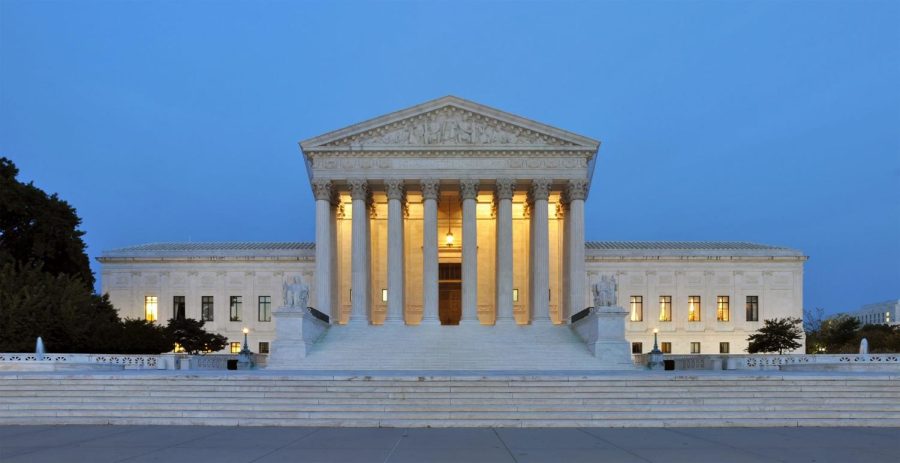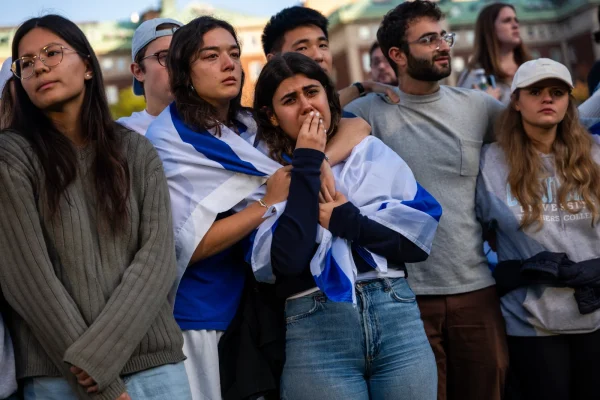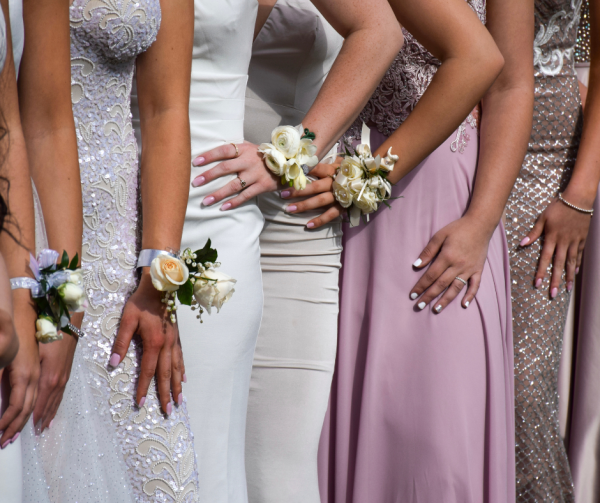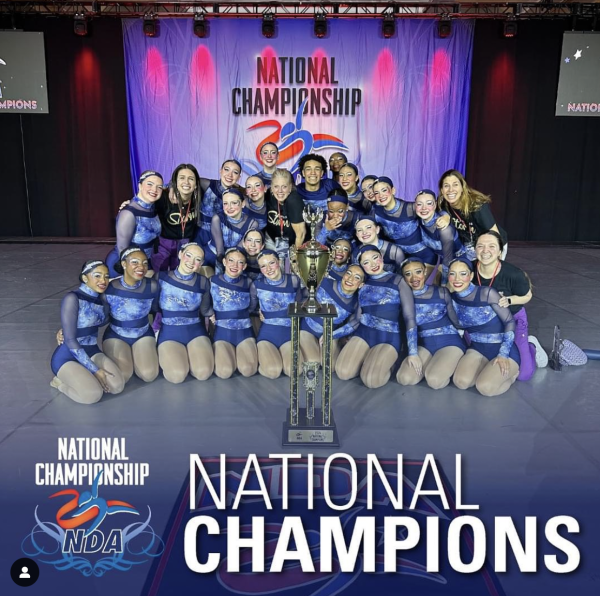What’s going on in the Supreme Court?
Diving into current issues brought before the justices as the country awaits a new court nominee
February 10, 2022
The Supreme Court has been in the spotlight in the wake of groundbreaking decisions concerning human rights, talk about a new nominee to serve in the court and college admission controversy, all fueling political discussions between opposing sides.
Texas abortion laws have been an ongoing topic of discussion since September 2021, and recently, President Joe Biden is expected to nominate a new justice following the retirement of Justice Stephen Breyer amidst lawsuits filed against leading universities about racial preference.
Arguably the most restrictive abortion law in American history, Texas passed a law on September 1, 2021, banning abortions after six weeks of pregnancy without exceptions in rape cases. The law cracks down on the Roe v. Wade Supreme Court case in 1973, which criminalized restrictions on abortion in Texas.
The Supreme Court denied the request to intervene in the Texas legal battle that sparked widespread controversy twice in September and October.
“Once again, the Supreme Court has betrayed the people of Texas, who have been callously stripped of their constitutional right to abortion for more than four months now,” President and CEO of Planned Parenthood Federation of America said.
Despite the denial in the months following the passing of the law, the Supreme Court permitted pursuing legal suits against some state officials in federal court on December 10, 2021.
Following the uproar concerning the abortion laws in Texas and the lack of intervention by the Supreme Court, Justice Steven Breyer was reported to be retiring at the age of 83 after serving for 27 years as one of the three remaining liberal justices.
According to NBC News, “Ginsburg’s death from cancer at 87 allowed then-President Donald Trump to appoint her successor, Amy Coney Barrett, moving the court further to the right. An appointment by Biden could keep Breyer’s seat on the liberal side of the court for years or decades to come.”
Alongside talk about the court maintaining their liberal seats, Biden’s campaign promise to make the court “look like the country” is brought to light, referring to him possibly nominating a Black woman.
“Though nowhere near perfect, the American legal community has made strides to eradicate the discrimination that has long pervaded the profession, meaning that more women and people of color are graduating from top law schools, earning judicial clerkships and working in prestigious positions in government, law firms and academia and otherwise possessing the experiences that make for wise judging,” Walter Dellinger from the New York Times wrote.
With the Supreme Court nominee up in the air, Biden faces criticism for his pledge made during his campaign, which is perceived as unnecessary
“When he made that pledge, some of us raised concerns that he was adopting a threshold racial and gender qualification for the Court,” Jonathan Turley from Fox News wrote. “…[It was unnecessary] for Biden to categorically rule out non-female and non-black applicants. He could have simply made clear that he wanted to add a black female to the Court and would make that a priority without promising that the first vacancy would be barred to other genders or races.”
Talk about racial preferences in Supreme Court nominees is reflected in the High Court hearing cases about challenging the use of race in college admissions, an argument spearheaded by Students for Fair Admissions, an organization dedicated to eradicating “racial classifications and preferences in college admissions.”
The organization filed lawsuits against Harvard University and the University of North Carolina, which accused the admissions process of discriminating against Asian Americans despite trying to “[level] the playing field for historically disadvantaged applicants.”
According to US News, “In agreeing to hear the case, the Supreme Court combined the lawsuits against Harvard and UNC, and set one hour for oral arguments, which could take place as early as October, setting up a decision in summer 2023.”
With the ongoing battles in the Supreme Court, people continue to follow the cases brought before the justices and the actions of President Biden, which will arguably set precedents regardless of what ultimate decision is made.












